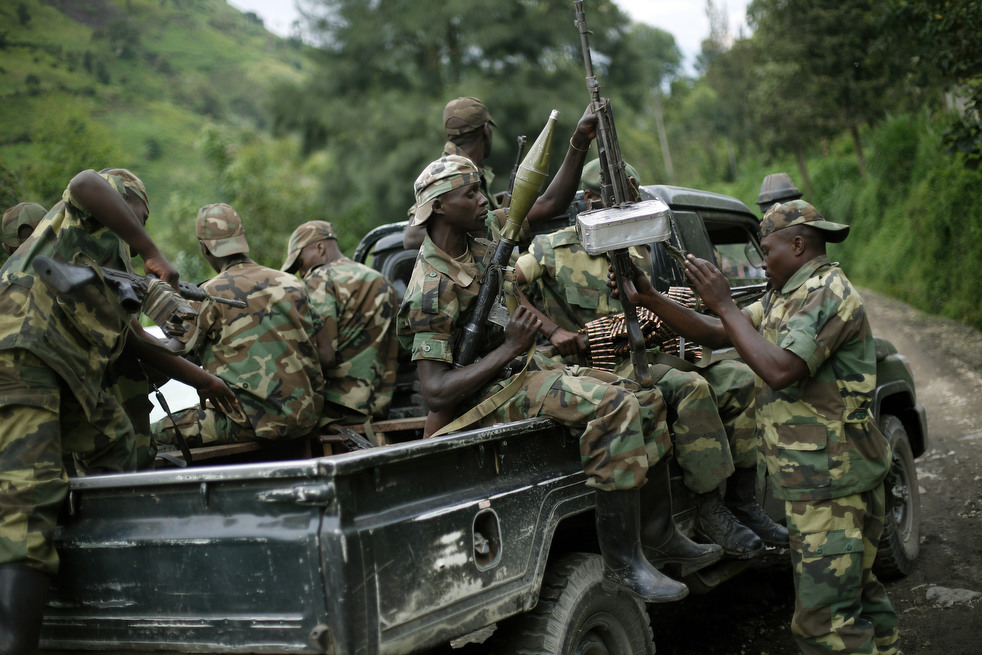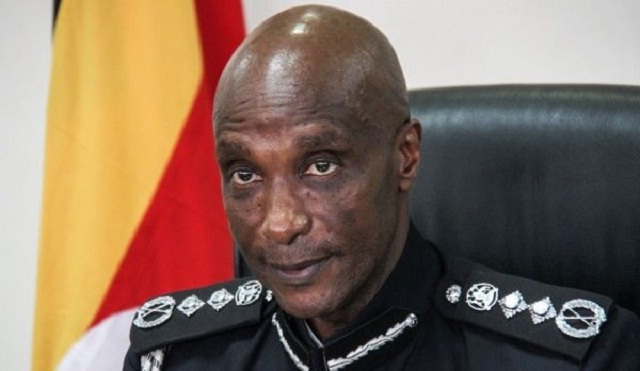Perhaps one day when he is not alive, and when his service is no longer subject to the censure of the politics of the Movement – the tragic tale of Kale Kayihura General of the Uganda People’s Defense Forces, idealist and revolutionary will be written.
I have had countless encounters with Kale, as he is popularly known. Most of them as a journalist working at the Daily Monitor in Kampala. Most of them noteworthy.
At the time of his departure from the scene he was the highest ranking securocrat in the National Security Council. In slightly over a decade, he had turned the Uganda Police Force ( he changed the name to service because force reminded all of the cruel things the police had been accused of doing) into sword and shield of the regime. The reputation of the police plummeted under his watch even as it posted the biggest budgets ever for a police force in the history of Uganda.
Kale Kayihura is no doubt a complex character. His career as consigliere for the regime and all-round enforcer, I suspect, is on account of his fierce loyalty to Yoweri Museveni as teacher, mentor and leader of the revolution. Unlike others who may have faltered in their faith, and despite a whole host of tribulations that constantly deviled his service, he never lost his faith.
In the newsroom there were many stories of how he was denigrated by his peers as an outsider mostly because of his Rwandan ancestry. There was a lot of backbiting and sometimes open bullying of Kale Kayihura by many of his peers prior to his elevation to full general. Many took his extreme micro-managing and penchant to be on a constant war footing to be evidence of his ambition, but it may as well have been the discipline of not leaving anything to chance learned after a lifetime of being written off as an unlikely or even undeserving warrior. When he was assigned the job of extracting the UPDF from its deployment in the Congo the story was he had no battlefield experience and had to be “saved” by the intervention of senior officers. I heard different.
A colleague of mine who met Kayihura in the jungle in DRC formed a rather disturbing picture of the man who would dominate the conversation about state-security relations for years. Kayihura had given an interview in his command tent ( he was surrounded by hostile Congolese forces at the time) and according to this journalist he seemed incredibly calm under the circumstances. “ He was wearing brown, impeccably polished shoes that stood out in the dust and crisis around him. When I asked him about them – he proudly said they were standard issue officer shoes he had been given at Fort Leavenworth in America”, my colleague said. Kale would later convince the Congolese rebels to allow him to withdraw his forces to the Bunia airport all the while mollycoddling the bombastic Congolese commander in Ituri – Thomas Lubanga.

The entire affair is what today might be described as mindfulness on his part.
Outmanned and outgunned in Bunia town, Brig Kale ( then), referred to Lubanga as president, endured insults and chanting including a public protest orchestrated by Lubanga of Congolese women who chanted songs about how small the penises of the UPDF soldiers were. Another journalist Patrick Kamara who had been assigned from my newsroom at Monitor FM recalls Kale telling his men to be patient “ Nyi nyi mukuwe cama cui” (Swahili) he said “ Act meek like a leopard until you are provoked, he counselled. It came to pass in one of the lesser known UPDF successes in DRC.
Lubanga, wanting to seal his name as Congolese hero, launched an attack on the airport but it was there that the UPDF was fortified ( and had ferried heavy weapons under cover). His forces were bloodily beaten back and driven out of Bunia. Kale had won.
One got the impression that no matter what post he held – low or high, Kale saw himself as fighting what he once called ‘centrifugal forces” that were grinding the so-called revolution to which he had given his life. War whether with Congolese troops or even organized criminal groups or opposition politicians was simply politics by other means. Those who met him and interacted closely with him sometimes found his ability to shape-shift as and when strategy demanded – to be signs he was not committed. He would unleash violence on opposition politicians and then turnaround and make peace with them – doling out favors, paying medical bills and making amends.
One time after a particularly disturbing episode involving the death of a suspect in custody who had been accused of throwing grenades in Kampala – Kale privately admitted to one of my editors to the circumstances of the individual’s death. According to the editor, my boss at the time, Kale said something to the effect that the suspect was probably going to be executed by the police, who were convinced he had carried out the attack, but “CMI” the military intelligence arm of the army had beaten them to it and killed him instead. I was investigating this story together with a Canadian intern called Ben Simon at the time and we were gobsmacked at the admission. The story never got properly written because the stakes were extremely high. The suspect was from West Nile where I came from and there were other pressures as a result of my involvement. I took the revelation badly and was depressed for days.
I later heard that Kale had stepped in and privately compensated the deceased’s man’s family. He also maintained a close relationship with my editor who would later serve officially in the police.
The no-cost-is-too-high for the revolution approach of Kale Kayihura probably explains his predicament. I have written about the circumstances of his fall in the headwinds of the Rwanda-Uganda affair here.
The latest episode – his sanctioning by the United States is a bittersweet footnote to his career.
It is also likely just the kind of new impetus he needed in “retirement”. The Uganda government will probably ignore the sanctions. Its public officers will point out the lack of moral authority the United States has to reprimand anyone. The intervention itself will also be seen as a calculated shot across the brow of Ugandan elites that are ensconced with the Movement who are, without a doubt, moving money into safe havens abroad that there are tools to pressure them. I suspect that Kale Kayihura who has been on trial ( the charges were just about to be dismissed) will be rehabilitated in the wake of these US sanctions.
I wouldn’t be surprised then if he returns to the President’s cabinet somewhere in the Ministry of Justice or in some role relevant to the next election in 2021. In the end Kale Kayihura has one influence that has been consistent. He is loyal to the regime and nothing else.
Photos. Courtesy of the Independent Magazine











Very insightful, thanks Angelo. If he indeed survives the sinking regime, he will live to wear the victors crown once again. A